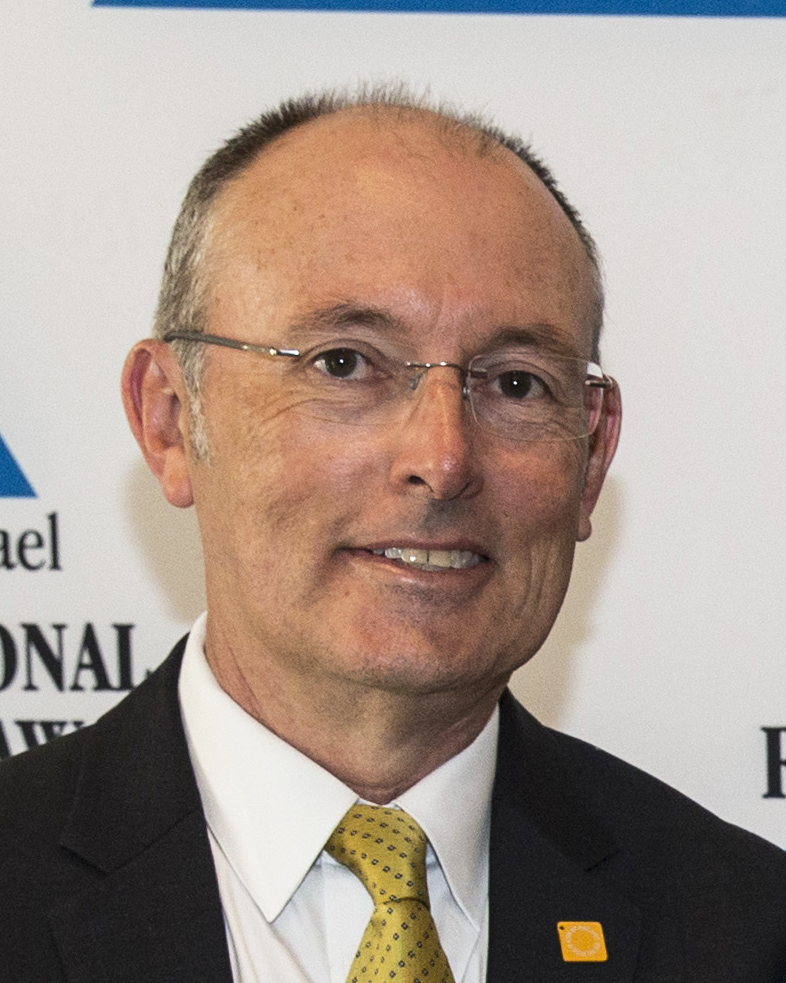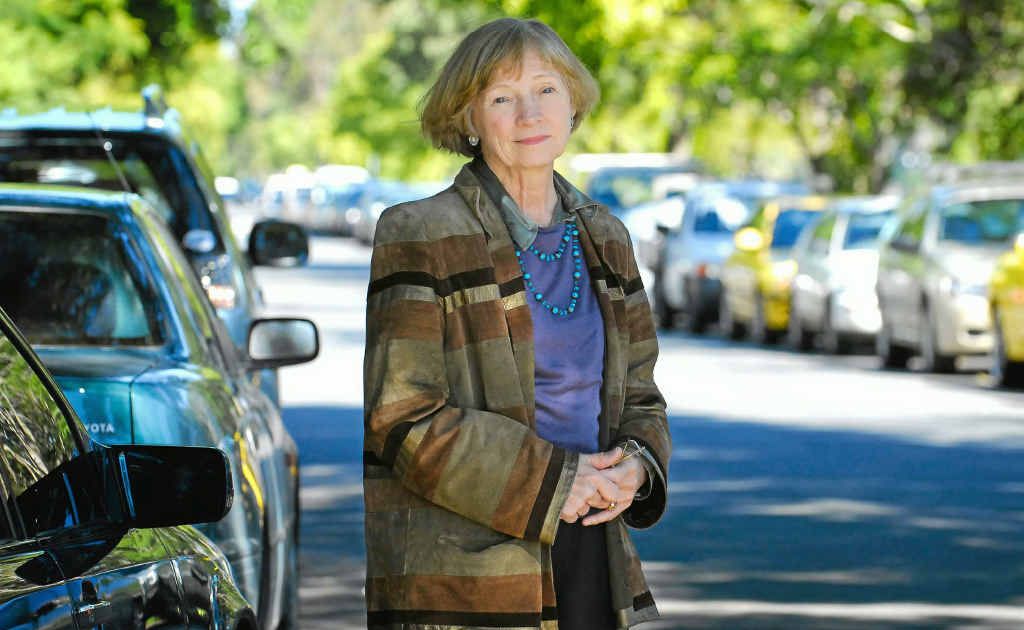
Despite decades of anti-drink driving campaigns, the message is not sinking in for some Queenslanders, with new QUT research showing alcohol is still a factor in around 25 percent of driver and motorcycle rider deaths each year.
Professor Barry Watson and Dr Angela Watson, from QUT's Centre of Accident Research and Road Safety – Queensland (CARRS-Q), analysed data from the Queensland Road Crash Databases to review the long-term trend in alcohol-related crashes and injuries from 1981 to 2017.
Over the most recent five years, they found about 25 per cent of Queensland drivers and motorcycle riders killed in crashes each year were still over 0.05 – the legal blood alcohol concentration (BAC) limit for open licence holders.
Professor Watson said the research showed that, while there had been a substantial reduction in Queensland drink driving fatalities, the toll was still unacceptably high.

"By the early 1980s, drink driving had reached epidemic proportions in Queensland, with 50 per cent of all drivers and motorcycle riders killed in crashes who were tested for alcohol having a BAC of 0.05 or more," he said.
"Since that time, there's been a definite decline in the involvement of alcohol in road crashes in Queensland but drink driving still accounts for about 25 per cent of driver and rider fatalities.
"Despite the considerable resources devoted to reducing drink driving, it remains a very serious problem. A 'business-as-usual' approach is not enough if Queensland wants to keep bringing down its alcohol-related road toll."
As part of the CARRS-Q research, Professor Watson also evaluated reports on the effectiveness of countermeasures to drink driving over the same four decades.
"General deterrence-oriented enforcement countermeasures have proven most effective, particularly sustained and widespread random breath testing (RBT)," he said.
"Queensland Police currently undertake over three million RBTs annually, resulting in over 17,000 offences. This equates to almost one test per licensed driver every year and a detection rate of 1:178.
"RBTs and public education should be maintained to at least the current rates, with other longer-term initiatives, including rehabilitation programs for offenders, also needing investigation.
"It's also important for Australia to keep monitoring international initiatives and to identify what is working well in other countries, as drink driving is a global problem."

Professor Watson has just returned to Australia after attending the 22nd International Council on Alcohol, Drugs and Traffic Safety (ICADTS) Conference in Canada last week, which united leading international experts on reducing the road toll.
At the conference, ICADTS presented CARRS-Q with two global awards for its researchers' outstanding work.
Emeritus Professor Mary Sheehan, CARRS-Q's founding director, was presented with the prestigious Widmark Award in recognition of her sustained, outstanding global contribution in the field of impaired driving.
CARRS-Q also received ICADTS' Borkenstein Award for its outstanding contributions to international cooperation in alcohol and drug-related traffic safety programs.






